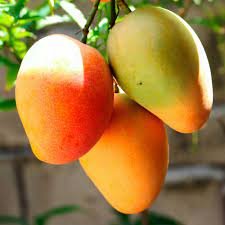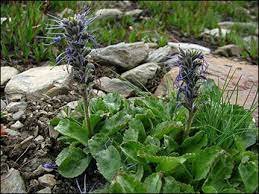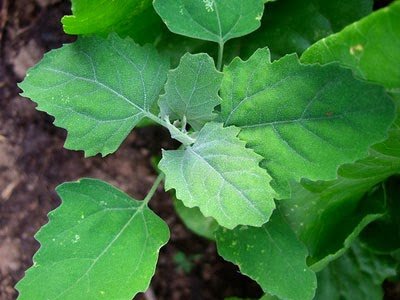SOIL CONDITIONER
Original price was: ₹750.00.₹600.00Current price is: ₹600.00.
Organic and bio-fertilizer-based soil conditioner products are a sustainable and eco-friendly approach to improving soil health and crop productivity. These products are derived from natural sources and help enrich the soil with essential nutrients, beneficial microorganisms, and organic matter. They play a vital role in enhancing soil structure, fertility, and overall crop health while minimizing the use of synthetic chemicals.
45 in stock
Description
Key benefits of organic and bio-fertilizer-based soil conditioners for crops include:
- Improved Soil Structure: These products help improve soil structure by increasing its water-holding capacity, aeration, and drainage. This creates a better environment for root growth and nutrient uptake.
- Nutrient-Rich Soil: Organic and bio-fertilizer-based soil conditioners provide a slow release of nutrients, ensuring a steady supply for plants throughout their growth cycle. This reduces the risk of nutrient leaching and helps maintain soil fertility.
- Enhanced Microbial Activity: These products contain beneficial microorganisms such as bacteria and fungi, which help break down organic matter and release nutrients in a form that plants can absorb. They also help suppress harmful pathogens, promoting a healthier soil ecosystem.
- Reduced Environmental Impact: By reducing the reliance on synthetic fertilizers and pesticides, organic and bio-fertilizer-based soil conditioners help minimize environmental pollution and contribute to sustainable agriculture practices.
- Improved Crop Yield and Quality: By promoting healthy soil and plant growth, these products can lead to higher crop yields and better quality produce.
Organic and bio-fertilizer-based soil conditioners are typically applied to the soil either as a granular or liquid form, and they can be used in conjunction with other organic farming practices to maximize their benefits. Examples of organic and bio-fertilizer-based soil conditioners include compost, vermicompost, biochar, and microbial inoculants.
Overall, organic and bio-fertilizer-based soil conditioners offer a natural and effective way to improve soil health and crop productivity, making them an ideal choice for sustainable agriculture.
Additional information
| Weight | 50 kg |
|---|














